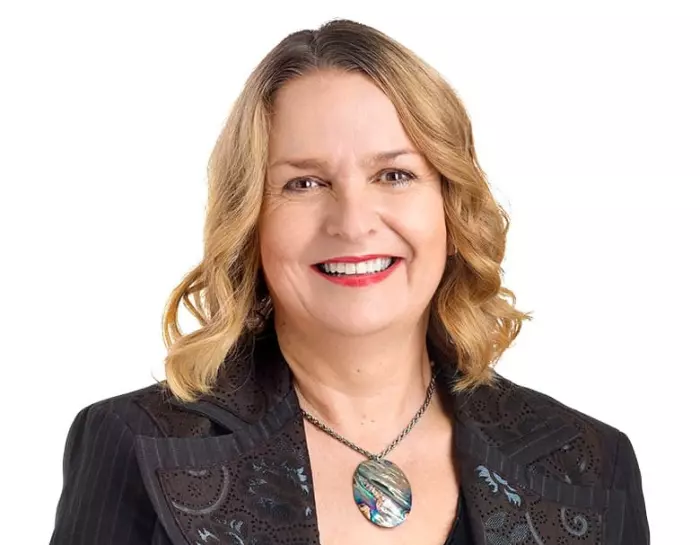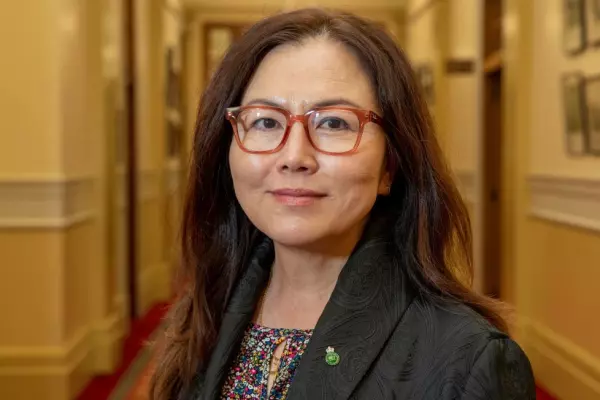The Public Service Commission has introduced a “revolutionary” new tool to help employers measure te ao Māori and other cultural skills to close the ethnic and gender pay gap in the public sector.
Called Te Orowaru, the free tool aims to help public sector employers assess the language skills, experience and cultural competency of workers to recognise how valuable they are in New Zealand's cosmopolitan market and inform how much they should be paid.
Through a comprehensive framework of questions, it aims to provide an interviewer with an in-depth way to eliminate the biases and discrimination that can result in pay gaps.
It is part of the Public Service Commission’s new action plan, Kia Toipoto, designed to help departments and crown entities address workplace inequalities and ethnic and gender pay gaps over the next three years.
Minister for women Jan Tinetti said it would shift and enhance the way public sector employers value work and skills and ensure employees are remunerated fairly.
The new plan builds on the work of the 2018-2020 Public Service Gender Pay Gap Action Plan, which Tinetti said had resulted in the gender gap in public services falling to its lowest levels in 20 years.
Although full data will not be released until December, Tinetti said the gender pay gap in the public service as of June 30 2021 had fallen to 8.6%, compared with 9.6% the previous year. When measurement began in 2000 the gap was 18.6%. The national gender pay gap is unchanged over the last year at 9.1%, according to Stats NZ.
Tinetti said ethnic pay gaps in the public service had also dropped, with the Māori pay gap falling in the last year from 9.3% to 8.3%, the Pasifika pay gap falling from 19.5% to 17.9% and the Asian pay gap falling from 12.8% to 11.6%.
“More work is needed. We need to make a bigger difference, for more people, by closing ethnic pay gaps as well,” she said.
Data from 2020 showed that gender pay gaps have closed in most public service occupations.
The pay gap for administrative-type work, of which women make up 82%, had fallen from 12% in 2018 to 7.2% in 2020.
In social, health and education, where women filled 74.1% of roles, the pay gap had fallen 4.7 percentage points so that women are now paid 2.3% more than men.
The Te Orowaru tool is free to use and is also available for employers in the private sector, where gender and ethnic pay gaps are either persisting or widening.
According to Stats NZ, Pasifika and Māori women are, on average, the lowest paid people in the national workforce. For every dollar a Pākehā male makes, a Pasifika woman makes 73 cents. It’s a similar case with Māori men and women – 80 cents and 77 cents respectively to every dollar a Pākehā makes.
While there is a growing movement in New Zealand to encourage employers to measure and report their pay gaps as a first step, advocates have been calling for similar holistic frameworks that assess multi-cultural competency and other more nuanced skills to determine pay – much like Te Orowaru aims to do.
Community development specialist Bernadette Pereira told BusinessDesk the cultural tendency of Pasifika workers to be more reserved and less outspoken means they are often bypassed for pay increases and promotions in favour of more outgoing Pākehā workers.
This cumulatively contributes to the ethnic pay gap in some companies and can lead to horizontal pay gaps, where people in the same or similar positions are paid differently based on social factors that come naturally to those of European backgrounds.
She said it was therefore important for employers to educate themselves on the cultural nuances of their Pasifika workforce.
Likewise, Tama Potaka, chief executive of Tribal Trust, said it’s important for employers to eliminate any unconscious bias they might harbour toward Māori employees and embrace concepts such as manaakitanga when hiring or reviewing pay.
Te Orowaru is said to be the first pay equity assessment tool in the world to recognise indigenous skills and values.
Equal Employment Opportunities Commissioner Saunoamaali’i Karanina Sumeo, who is leading a national enquiry into Pasifika pay gaps, commended the tool, saying it would allow workers to be recognised and valued for all the skills and attributes they bring to a workplace.















